Agenda
Una Europa
Start Date:11/30/2023
Start Time:2:00 PM CET
Duration:190 minutes
Abstract:
$-[WCAbstract]-$
If you're already registered for the Vaccinations for One Health – Una Europa One Health Webinar - SPANISH - November 30, 2023 webcast, click below:
One Health is an integrated, unifying approach that aims to
sustainably balance and optimize the health of humans,
animals, plants and ecosystems. The approach mobilizes
multiple sectors, disciplines, and communities at varying
levels of society to work together to foster well-being and
tackle threats to health of human, animals and ecosystems.
The aim of the event is to explore the connection between
one health approach and the vaccination world. With a
multisectoral and multidisciplinary approach,
international speakers will talk about different topics – such
as vaccination hesitancy and inclusiveness, virology and
vaccine development, human and animal vaccines,
public health, science communication on RNA vaccines
and many others. The detailed programme will be published
in autumn.
Please note that this is registration page for webinar translated to SPANISH.
If you want to listen in any of these languages, please sign up via these links:
ENGLISH
GERMAN
FRENCH
ITALIAN
If you're already registered for the Vaccinations for One Health – Una Europa One Health Webinar - SPANISH - November 30, 2023 webcast, click below:
ALREADY REGISTERED?
Speakers
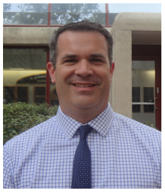 Kenneth Klinker, PharmD Senior Director, Global Medical Affairs for Pneumococcal Vaccines Ken Klinker, PharmD is currently a Senior Director, Global Medical Affairs for Pneumococcal Vaccines..
Prior to joining Merck, he had 20+ years of clinical pharmacy experience at the University of Florida College of Pharmacy and UF Health Shands Hospital. At the University of Florida, he was an Associate Professor within the Department of Pharmacotherapy and Translational Research. He was responsible for teaching medical microbiology, basic science principles associated with antibacterial agents, and management strategies for common infections. While at UF Health Shands Hospital, he served as Director of the Antimicrobial Stewardship Team, Pharmacokinetic Service, and Infectious Diseases Residency Program.
Dr. Klinker has authored 40+ journal articles and book chapters on antimicrobials, infectious diseases, and antimicrobial stewardship. He has presented at national and international meetings on topics related to infectious diseases pharmacotherapy and antimicrobial stewardship.
He is a proud veteran of the United States Navy (1987 – 1995). Concurrent with his service to our country, he received a Doctor of Pharmacy from the University of Maryland School of Pharmacy in 1996. Following graduation, he completed two years of post-graduate training at UF Health Shands Hospital. 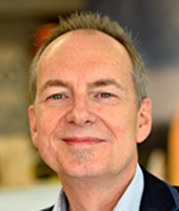 Dr. Ruud Segers Associate Vice President, Biological R&D Ruud Segers was trained as a Molecular Biologist at the Radboud University in Nijmegen in the Netherlands and started to become involved in the development of vaccines for the veterinary field during his PhD thesis on Leptospiraceae at the Veterinary Faculty of the Utrecht University. After his doctorate in 1991, he was employed by Intervet International (now MSD Animal Health) and had several different functions within R&D, all involving vaccine development for the veterinary field.
Dr. Segers is currently heading the Global Swine and Global Ruminants Biologicals R&D groups in MSD-AH, responsible for development of vaccines for the swine and ruminant industries world-wide. The research groups are responsible for the continuous development of the Porcilis, Circumvent and Bovilis vaccine portfolio’s, Foot and Mouth Disease vaccines as well as for the development of the Sequivity RNA Particle vaccine platform.  Thilo Kroll Joint UCD IEHG Full Professor of Health Systems Management at the University College Dublin My name is Thilo Kroll. I am currently a Joint UCD IEHG Full Professor of Health Systems Management at the University College Dublin. Equipped with a PhD in Psychology focusing on the social inclusion and school re-entry of children and adolescents with cancer in Germany. Over the past 30 years, I have conducted interdisciplinary research with a focus on disability-, rehabilitation and health-related topics. Before embarking on my academic career, I worked as a patient advocate to promote the voice of young people with arthritis and disabilities. In the United States, I worked with young people with spinal cord injuries surviving gun violence. I am passionate about community and participatory research, and the inclusion of seldom heard or marginalised groups in co-designing and conducting research in the area of disability, homelessness and interpersonal violence. Before coming to Ireland in 2016, I held a Personal Chair as Professor of Disability and Public Health at University of Dundee and served as the Co-Director of the interdisciplinary Social Dimensions of Health Institute (SDHI) of Universities of Dundee and St Andrews in the UK. While much of my work has focused on health promotion for people with disabilities, access to health care and inclusive research methodologies, it has been very much linked to other sources of exclusion and marginalisation (eg poverty, gender, ethnicity). Moreover, in my current role I am keen to promote systems- and design-thinking in research, education and practice. Currently, I am leading the implementation of public and patient involvement (PPI) in health- and social care related work at UCD and beyond as part of the Irish HRB-funded National PPI Network. At present, I am also a member of the UNA Europa One Health team and am particularly interested in how we involve the public in health-related planning and decision-making.  Mikael Niku Senior Lecturer at Veterinary Biosciences, University of Helsinki Mikael Niku is a senior lecturer at Veterinary Biosciences, University of Helsinki. He leads the Developmental Interactions research group, investigating how the maternal microbiota modulates the perinatal development of the intestinal immune system.
Niku studied biochemistry and developmental biology at the University of Oulu. He did his PhD on the development of the bovine immune system and circulating stem cells at the University of Helsinki. He then worked as lecturer in physiology and anatomy at the Department of Human Nutrition, studying the impacts of diet on intestinal health. In 2015, he visited the Veterinary Faculty at Melbourne University.
Niku’s group has studied the early development of the gut microbiota in cattle, horses and pig. Currently he is especially interested in how the metabolites and extracellular vesicles produced by maternal microbiota influence the mammalian fetus. He is actively collaborating with cattle and pig health researchers in Finland and elsewhere.
Niku is in the board of the Finnish Society for Immunology. He is a distinguished teacher and an active science communicator, and was recently nominated as the Docent of the Year in the University of Helsinki.  Tarja Sironen Tarja Sironen, PhD, is associate professor of emerging infectious diseases at the University of Helsinki, faculties of Medicine and Veterinary Medicine. She is also the director of Helsinki One Health network, and she leads the project “Resilient and Just Systems” combining life and social sciences across 8 faculties of University of Helsinki to search for sustainable and just solutions to global challenges, including pandemics.
Tarja Sironen is a virologist leading a research group studying zoonotic microbes, focusing on rodent- and bat-borne microbes, and the drivers of their emergence. These drivers range from climate change to land use changes, and from changes in virus genomes and virus transmission modes to changes in virus prevalence in different host populations. The research includes wildlife and domestic animal surveillance, virus discovery and genomic analysis, virus isolations and work on in vitro and in vivo model systems, as well as development of diagnostic tools and vaccines. Her research aims at finding solutions to mitigate the impact of outbreaks, and her research is focused on infectious diseases in Europe and in Africa. An essential component is communicating the scientific findings to stakeholders and general public, and Sironen has been awarded for excellence in science communication during the COVID-19 pandemic. Currently, her team is involved in the avian influenza response as the virus is emerging in new species and in new areas of the world. 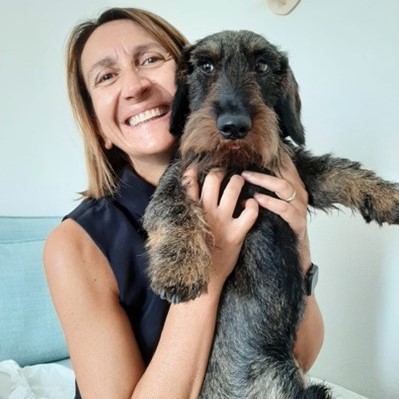 Alessandra Scagliarini Dr. med. vet, PhD Graduated in Veterinary Medicine, she obtained a PhD in Epidemiology and Control of Zoonotic Diseases. Full Professor of animal infectious diseases, she leads the One Health International Study Centre at the Department of Medical and Surgical Sciences University of Bologna. Her scientific interests lie in the inter and transdisciplinary approach of One Health in research to deepen the interactions between humans, animals and ecosystems triggering the occurrence of health emergencies and to effectively manage endemic diseases with high social economic impact. Member of the board of the International Society for Infectious Diseases (ISID) and associate Editor of IJID -One Health Journal. Member of the WHO One Health Working group on Skin Neglected Tropical Diseases (NTDs). At present, she leads the UNA- One Health Self Steering Committee of the UNAEUROPA Alliance. In October 2023, she received the One Health Award as best Italian scientist in the field. 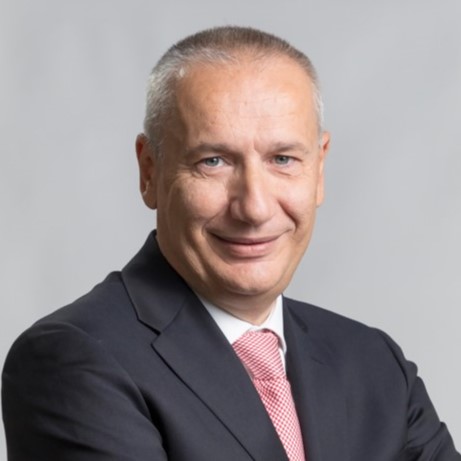 Paolo Sani Executive Managing Director - Italy, Greece, Cyprus MSD Animal Health Paolo Sani is currently Executive Managing Director - Italy, Greece, Cyprus MSD Animal Health.
He graduated in Veterinary Medicine at the University of Parma, he practiced as DVM and then he started his career in pharmaceutical Industry as Veterinary Sales Representative. He jointed Schering Plough Animal Health Italy in 1998, the company that has been acquired by Merck/MSD for the Animal Health Business. Since then, Paolo has experienced successfully different roles, at global and regional level until he started to lead the Italian company branch in 2015 in his own country and now he has the whole Cluster responsibility.
As Veterinary Doctor is a great promoter of the One Health approach and the important connections between Human and Animal Health and environment.  Kai Dallmeier, PhD Kai Dallmeier, PhD, is Associate Professor of Virology at the University of Leuven (KU Leuven), Belgium, and leading the Molecular Vaccinology & Vaccine Discovery (MVVD) group at the KU Leuven Rega Institute. In a multidisciplinary approach and using the live-attenuated yellow fever vaccine as platform, he and his team develop vaccines for emerging infections (such as Zika, Ebola and COVID-19) as well as therapeutic vaccines (for instance for chronic hepatitis B). Thermostable and easy to manufacture plasmid-launched versions thereof aim to tackle vaccine shortage and unmet public health needs faced particularly by people living in LMIC. For deeper mechanistic insight in virus replication and virus-induced disease, this translational work on vaccines is complemented by the study of viral infections in a range of cell culture and animal models, e.g. by introduction of the hamster model of COVID-19 immune pathogenesis that is now widely used for the preclinical assessment of antiviral drugs and vaccines.
Dr. Kai Dallmeier studied Microbiology, Biochemistry and Biophysics at the University of Bremen, Germany and obtained a PhD in Molecular Virology from the University of Freiburg, Germany. 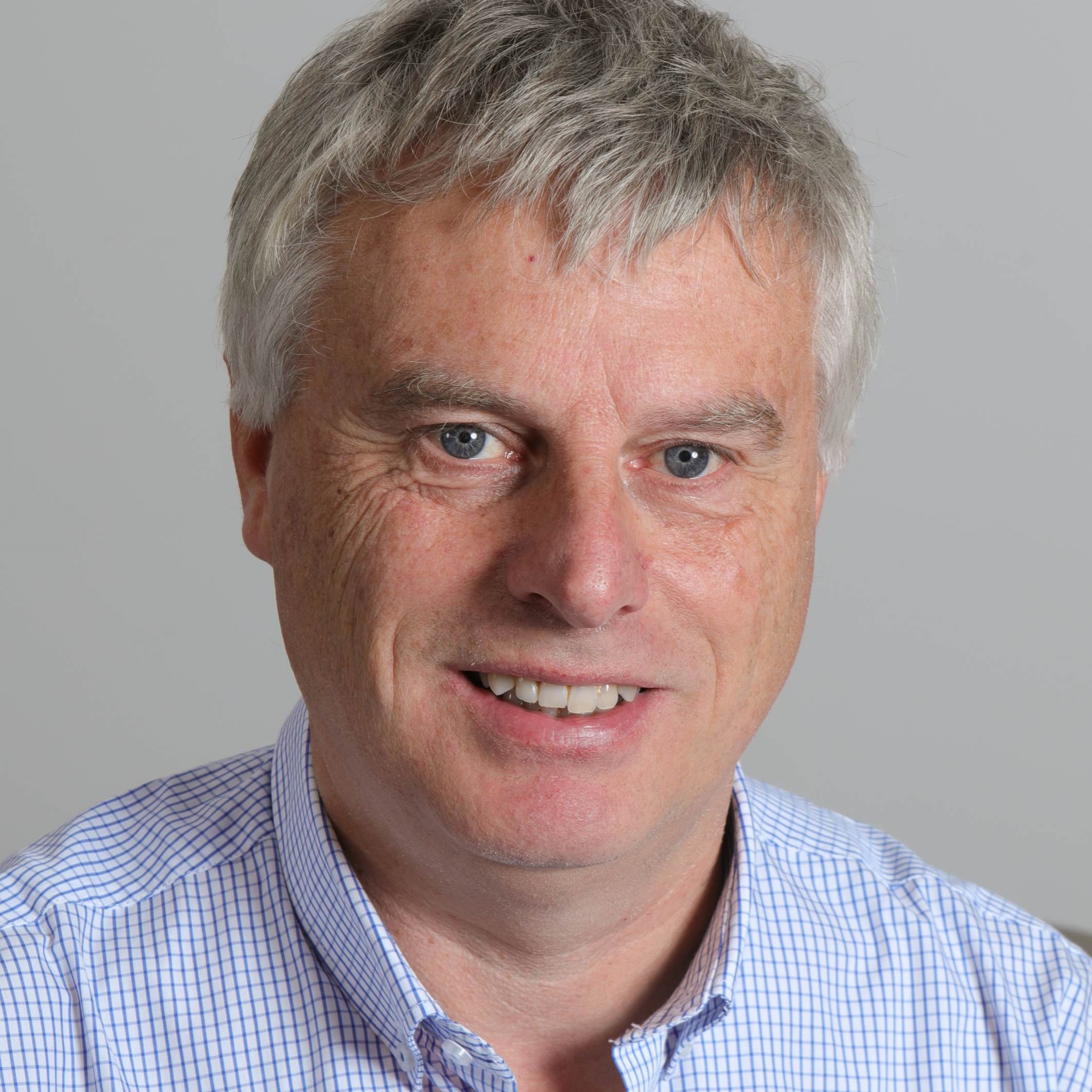 Johan Neyts Johan Neyts is full professor of Virology at the University of Leuven (KU Leuven), Belgium. He teaches virology at the medical school and at the school of dentistry. His laboratory (www.antivirals.be) has a long-standing expertise in the development of antivirals strategies and drugs against emerging and neglected viral infections such as dengue and other flaviviruses, Chikungunya and other alphaviruses, enteroviruses, noroviruses, HEV and rabies and is as well intensively involved in the development of antiviral strategies against SARS-CoV2. An ultrapotent pan-serotype dengue inhibitor developed in his laboratory and at the Centre for Drug Design & Development (www.cd3.be ) is currently in clinical development at Janssen Pharmaceutica (J&J) and has shown efficacy in phase 2a studies. A second focus, in collaboration with Prof. Kai Dallmeier, is on the development of the PLLAV (Plasmid Launched Live Attenuated Virus) vaccine technology, which is based on the yellow fever virus vaccine as a vector. It allows to rapidly engineer highly thermostable vaccines against multiple viral pathogens. Johan is a past-president of the International Society for Antiviral Research. He is the co-founder of KU Leuven spin-off companies AstriVax www.astrivax.com and Okapi Sciences. He is responsible for the Belgian VirusBank platform www.virusbankplatform.be , an investment of 20 million € of the Belgian Federal Government in epidemic/pandemic preparedness. He published ~650 papers in peer reviewed journals (WoS H-index WoS 79, Google Scholar H-index 101, dd October 2023) and received multiple national and international awards. He has given ~340 invited lectures and hundreds of interviews to lay-press.

|
|
Vaccinations for One Health – Una Europa One Health Webinar - SPANISH - November 30, 2023
Registration Is Closed
|
|
|